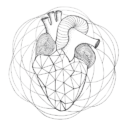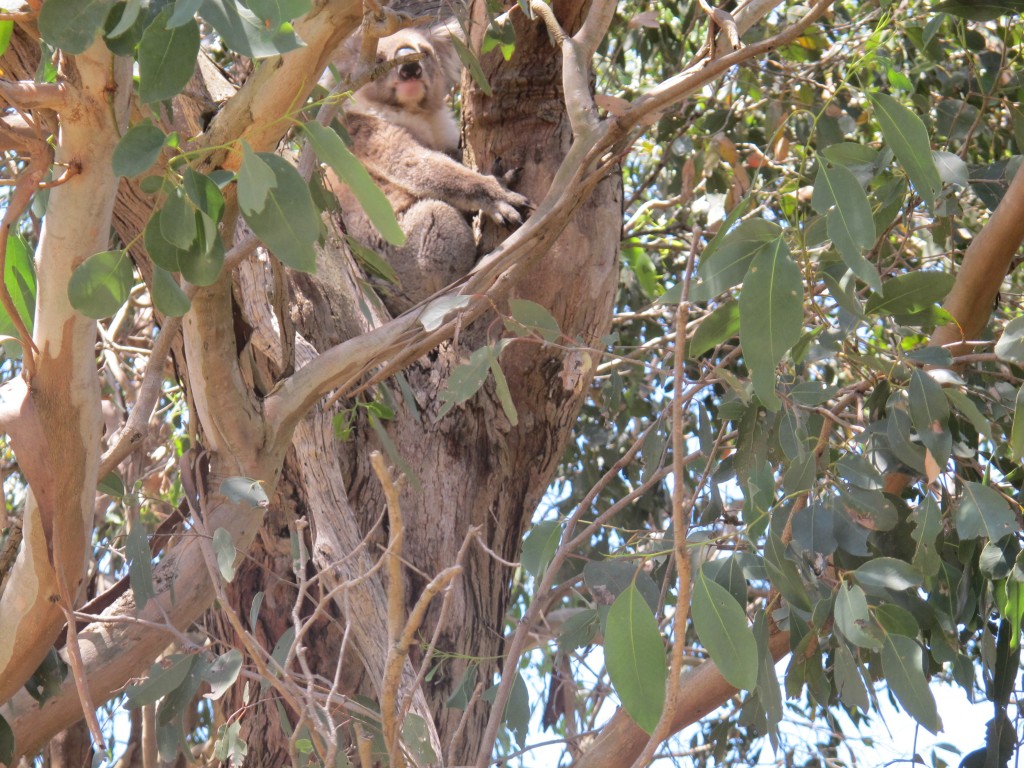
Living off the grid, new friends, tons of info and a hard look at my own effects on surroundings
Sitting in the shade after my Cricket For Dummies crash-course, I can just about understand what’s happening with the bowling and running and how one actually scores points in cricket. Which is great since most of French Island is playing or watching, including our host, Graeme Little.
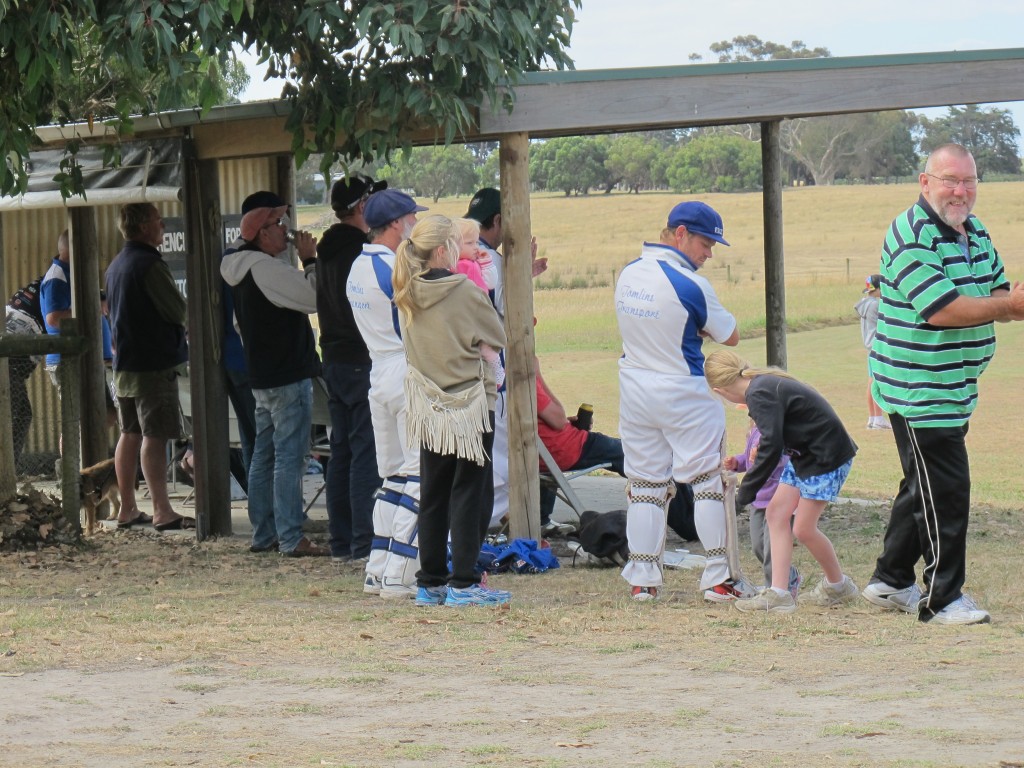
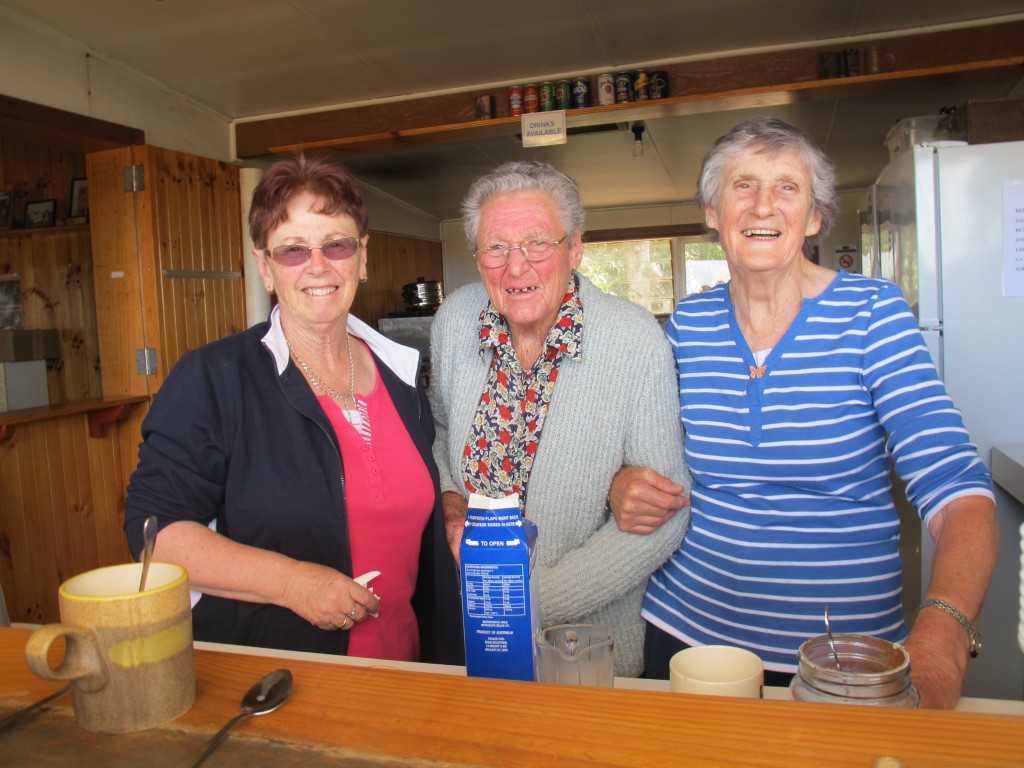
French Island is a very particular place. About 27000 acres in area with just over a hundred inhabitants, the island feels a lot more remote than it actually is (a 2 hour train and ferry journey from central Melbourne gets you here).
I’m here on my first workaway post (workaway.info) having thought it would be an interesting place to experience living off the grid and being as self-sustaining as possible. Being here really got me thinking about the things we usually take fore-granted:
No electricity grid, power comes from solar energy or wind energy with fuel-powered generators as backup. Graeme’s place has a little power monitor which allows you to see the load real time and how much power the solar panels are producing. I’ve been here for almost a week and we’ve only had to rely on the generator during short periods of really high load when we’re watering and filling tanks at the same time.
No reliable services, roads get graded twice a year and even then that’s sketchy, the ferry depends on the weather and gets cancelled often, the barge operates between tide times. One general store which stocks a random collection of items including food, fishing tackle, hardware and beautiful handmade soap, candles, cards and honey all from local produce.
No water supply, rainwater is collected religiously and used for drinking, washing and watering. It’s free and pure and tastes amazing. Why on earth would you not make use of it?
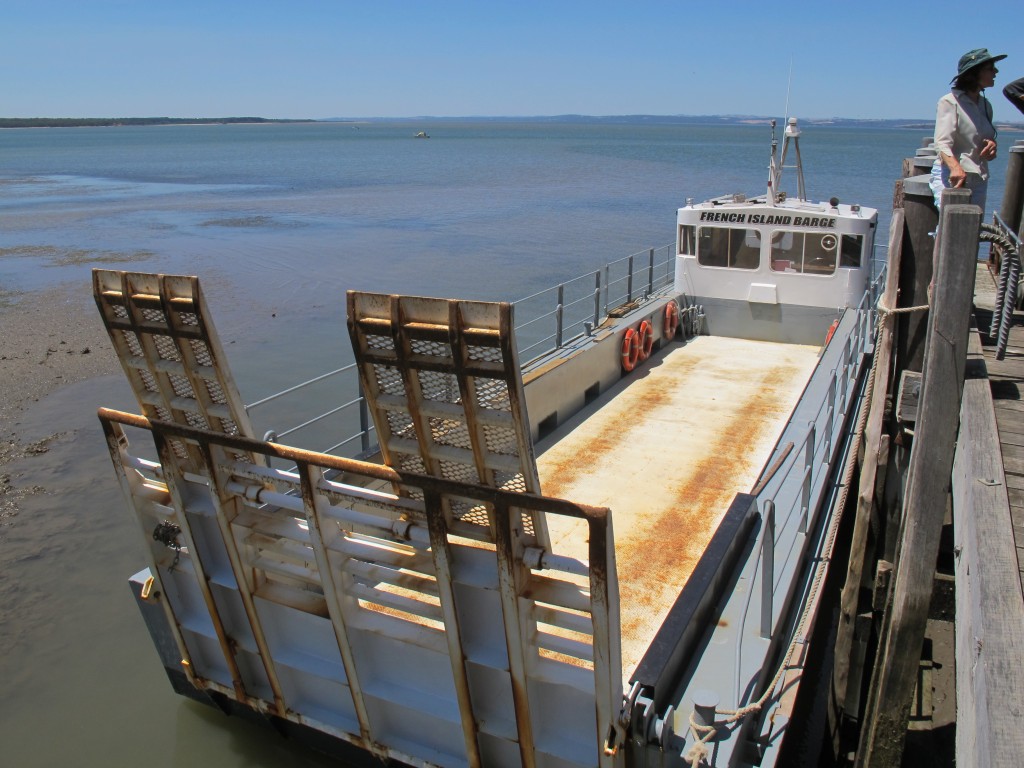
Graeme, our host is a highly interesting character. An ex-entrepreneur and venture capitalist, he came on the island to start a health retreat but found that one needs to adjust to the French Island pace of doing things once here, as nothing is straightforward or simple and you need to work with the resources available. Coming from a completely different world to this, Graeme has a completely different approach to most and tends to do things a little more analytically than one is accustomed to, which I found refreshing.
I really enjoyed the plans and the rationale behind the espalier garden, where fruit trees are trained to grow branches horizontally which should get them to produce more vertical fruit-bearing shoots than usual. The more controlled height also means fruit is a lot easier to pick when ready and easier to protect from birds and wind. All fruit trees are planted with accompanying plants specifically aimed at maintaining a healthy soil nutrient balance as well as keeping pests away naturally.
Graeme’s piece de resistance, comfrey, is used liberally throughout the gardens. Comfrey is a dark green leafy plant which is very quick-growing, resistant and which manages to draw out both water and nutrients from the soil very quickly and efficiently. Thanks to its unique properties comfrey does things like keep out the weeds when used as a border plant, fertilize when its leaves are applied to other plants and keep off the pests when minced down and sprayed on plants along with water. Comfrey also has medicinal properties and quickens healing of muscles and bones in both humans and animals. Truly a versatile little plant (you can read more on comfrey.com which is still under construction).
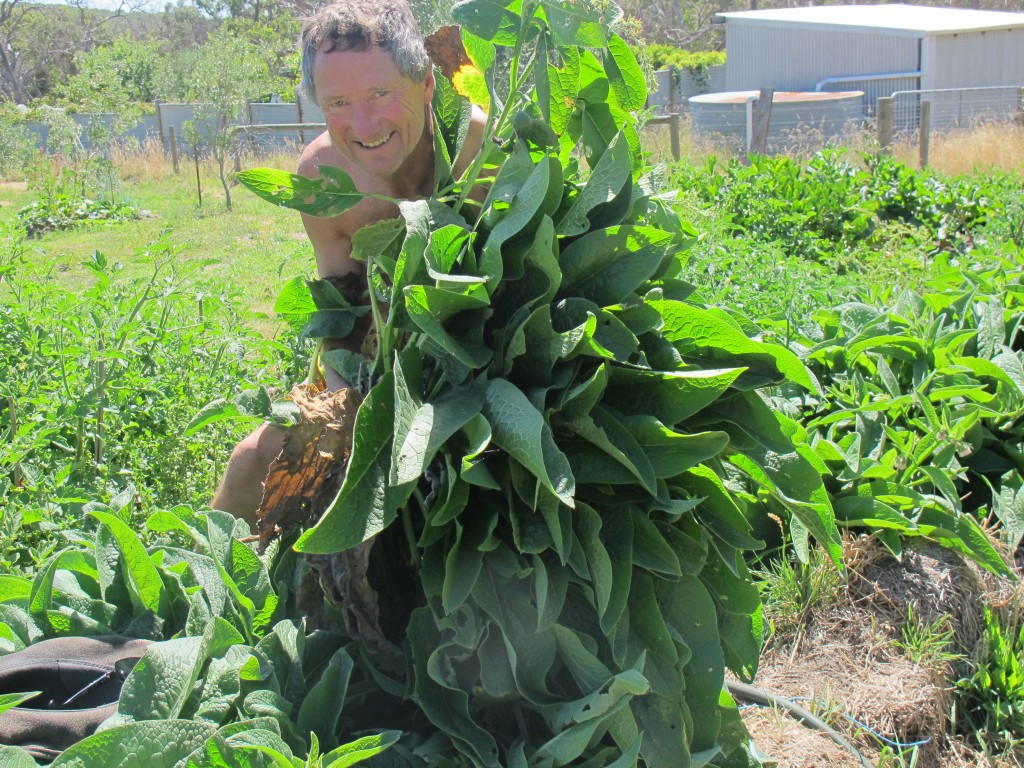
Days here are varied and always interesting. The arrangement is for around 5 hours of work a day in return for accommodation (in beautiful double or triple rooms in Graeme’s gorgeous house which really has all the mod cons anyone could ever wish for) and food which we help prepare daily. Graeme very kindly stocks the house with huge quantities of fresh fruit and vegetables along with what is available in the garden and all the healthy staples possibly needed including daily fresh free-range organic eggs right from the cute chooks. Although generally a healthy eater anyway, I’ve really felt my body thrive with the great food available here which is no big surprise really. The ever-present abundant greens, herbs and garden fruit also tend to get creative juices flowing when it comes to the preparation of food and we’ve had some amazing concoctions.

Work can be anything from mulching, mowing, watering, weeding, planting or picking around the garden, feeding the chickens, horses and Fleur the cat, collecting eggs, cleaning the house, cooking and more. It’s a case of doing what needs doing and making the best of available conditions. Sometimes the water’s problematic so watering’s out, sometimes rain does that for you, sometimes the impending rain forecast creates a list of urgent jobs to be done before the skies open. Routine is not really the order of the day here but there’s always plenty to lend a hand to.
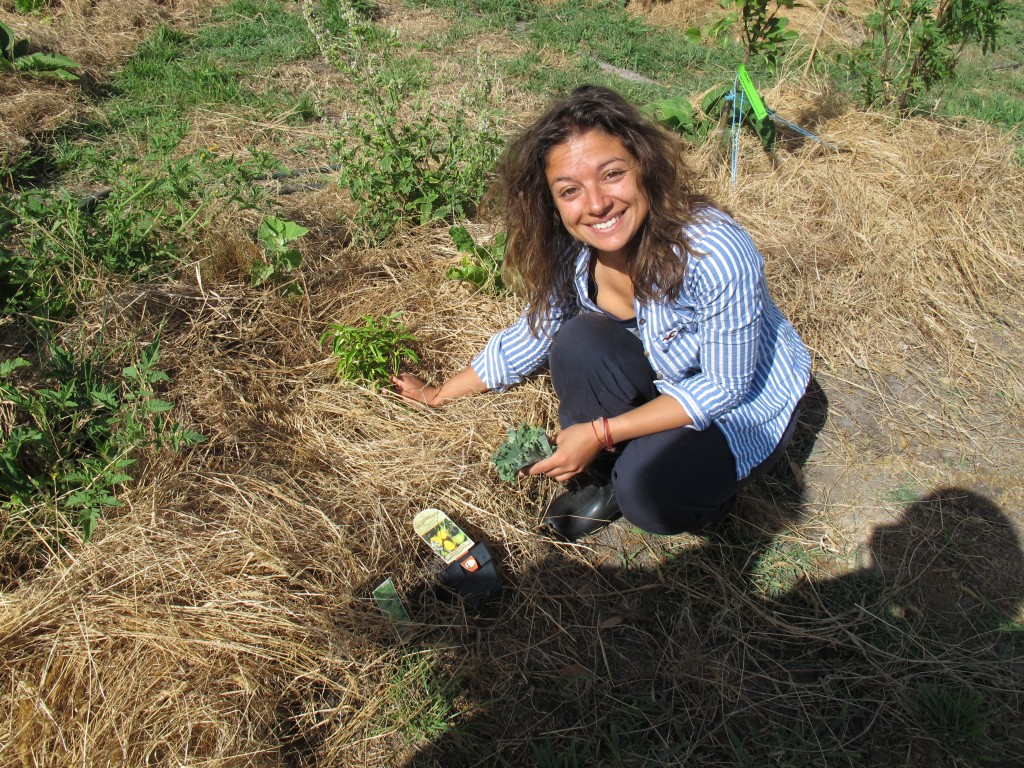
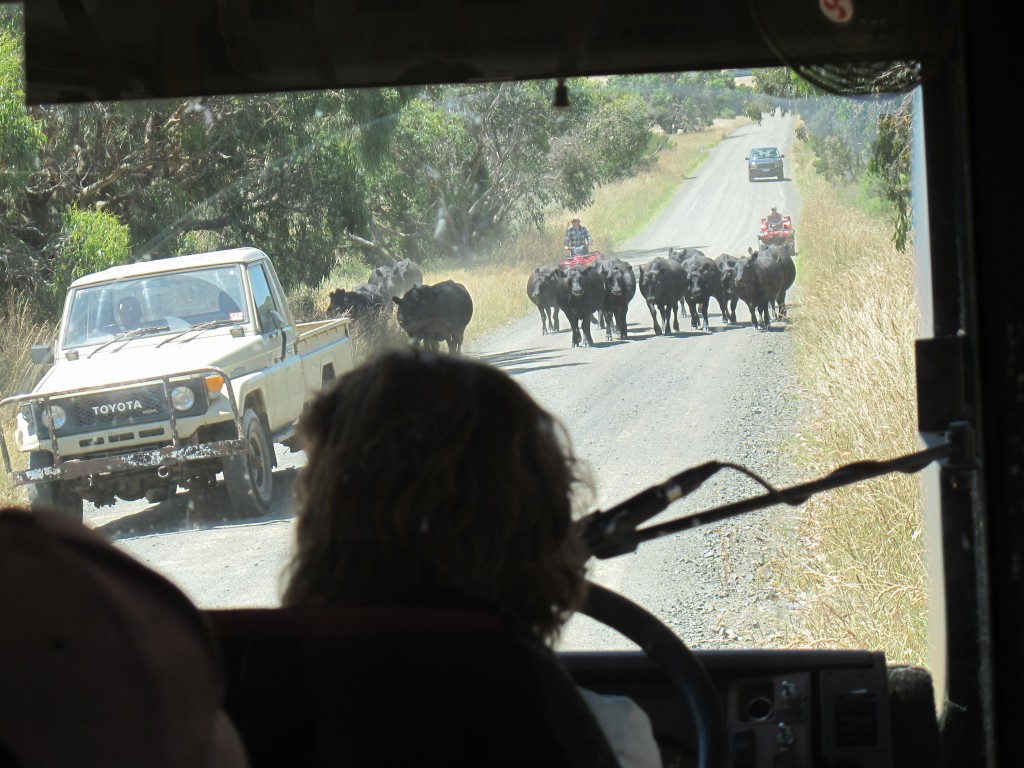
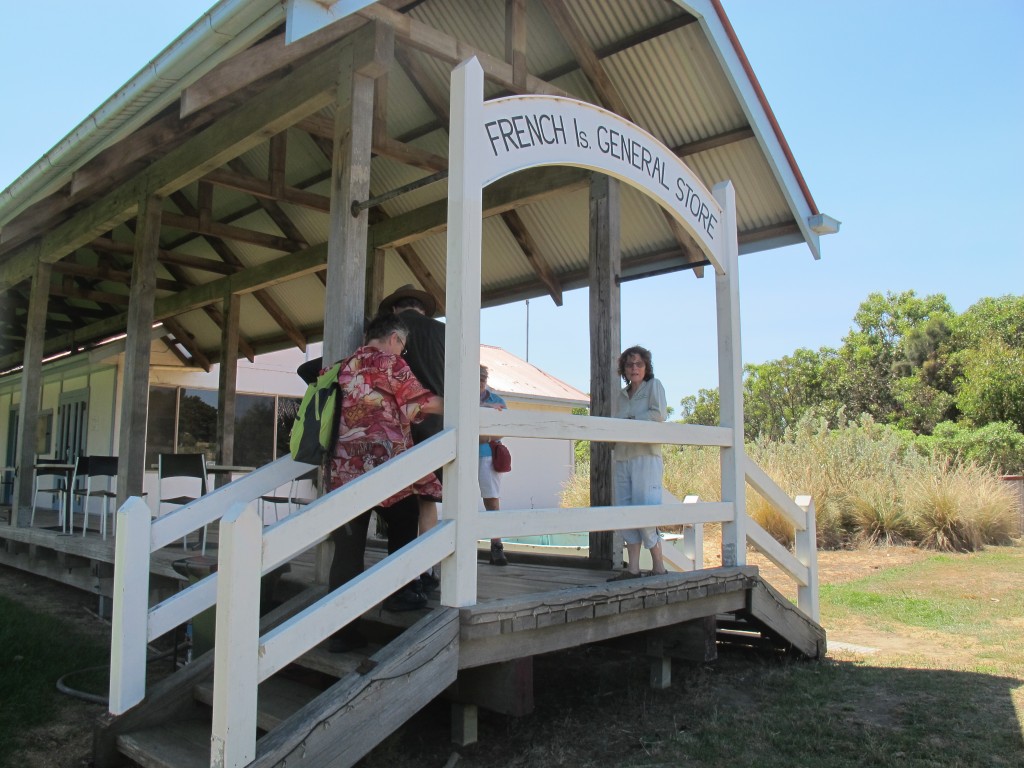
Apart from the obvious pro of being able to travel with limited expenses, workawaying has plenty of other advantages. In my short time here I’ve met Nena who’s now living on French Island, Kate from the UK and Huifen from Taiwan together with an array if very diverse islanders and of course Graeme. Each person has brought their own flavour to the table with so many stories, recipes, friends who run workaway schemes nearby and different ways of doing things. We’ve had great conversations about nutrition and energy, the pharmaceutical industry and preventative medicine, political situations in our home countries, the possibility of economic collapse, the pace of island living, propensity for change and of course living sustainably, with each of us sharing opinions, experiences, theories, inspiring each other to delve deeper and perhaps go the extra mile in the name of changing things for the better. Definitely a lot of food for mind and soul here.
Personally, this first post has caused me to look at my own daily habits and their effect on surroundings. Anything I use on my hair and body gets washed into water which affects the land and sea so I’ve switched to hand made, locally-made natural soap instead of my usual shower gel. Also avoids using plastics which need to be shipped out for recycling where this is even possible. Honestly it’s been a completely painless change. The soap is not too expensive, completely skin friendly and very easy to transport making it a win-win-win situation.
Having run out of my usual staple peppermint oil I’m giving eucalyptus oil a try as a deodorant courtesy of my new friend Kate (who uses it for anything from repelling insects to antiseptic, moisturizer and bite treatment) and it really seems to be working well enough.
I still have to solve the hair conditioner situation as nothing natural or organic is available at the local store but I’m trying to use the bare minimum of the most natural I find, supplemented with lovely coconut oil which I rinse out at the end. Despite my hair being the most tangle-prone, fine version known to man, this seems to be taming my mane rather successfully.
Coconut oil has now become my moisturizer and sun screen of choice thanks to the lovely Gayle who has tried and tested many oils to find the best suited. Always make sure coconut oil is raw and cold pressed to retain all its moisturising and sun filtering properties (apparently equivalent to around SPF10).
Next up is clearing the bathroom and laundry of anything not grey-water friendly and putting up signage to make sure workaways are aware of the effects of any products they use. Thankfully the local store stocks local made, completely natural soap so alternatives are very close by.



